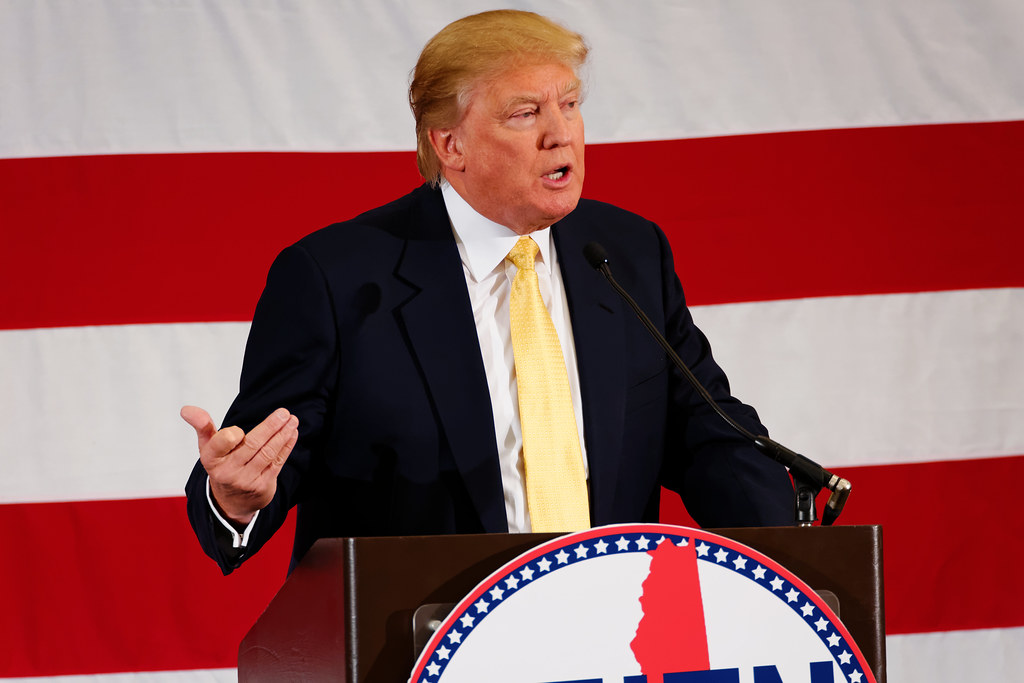President Donald Trump has rebuked both Israel and Iran over alleged violations of a recently brokered ceasefire between the two nations. According to sources, Trump had a firm and direct conversation with Israeli Prime Minister Benjamin Netanyahu, underscoring the severity of the situation and his expectations for maintaining the truce. The ceasefire, announced by Trump late Monday, was followed by accusations of violations just hours later.
Israel alleged that Iran breached the terms and vowed to initiate fresh strikes on Tehran, claims that Iran has denied. A poll indicated that the American public broadly disapproved of the recent U.S.-led airstrikes on Iranian nuclear sites. This discontent reflects the “deep unease” felt across the Gulf region, said Greg Carlstrom, Middle East correspondent at The Economist.
Gulf nations, particularly Qatar, are concerned about the proximity of such conflicts, fearing that the ripple effects could disrupt their stability. The Kremlin has openly commended the ceasefire between Iran and Israel. Kremlin spokesperson Dmitry Peskov stated that Russia has always advocated for such a resolution and hopes it will prove to be sustainable.
Trump addresses ceasefire violations
This endorsement came shortly after Iranian Foreign Minister Abbas Araghchi met with Russian President Vladimir Putin in Moscow. Reportedly exacerbated by the fragile state of the ceasefire, President Trump remained up late into the night monitoring the situation.
His mounting frustration was evident as he communicated with Netanyahu about both nations’ commitments to the truce. According to David Albright, former UN nuclear weapons inspector and president of the Institute for Science and International Security (ISIS), the joint US-Israeli strikes have significantly damaged Iran’s centrifuge program, essential for enriching uranium to weapons-grade levels. Despite this setback, Albright noted that parts of Iran’s uranium stockpile remain intact, though converting this to weapons-grade material would now be a lengthy process.
In a notable statement from Air Force One, President Trump declared that Israel has agreed not to attack Iran. This announcement came amid escalating tensions and his critical remarks concerning ceasefire adherence. Before departing for a NATO summit, Trump firmly asserted to the press that Iran would “never” be able to rebuild its nuclear program following the recent attacks.
He emphasized the extensive damage inflicted on the facilities, suggesting that Iran’s ability to recover from such strikes is severely compromised. The situation remains fluid, and any breach of the ceasefire could have significant implications for regional and global stability.







